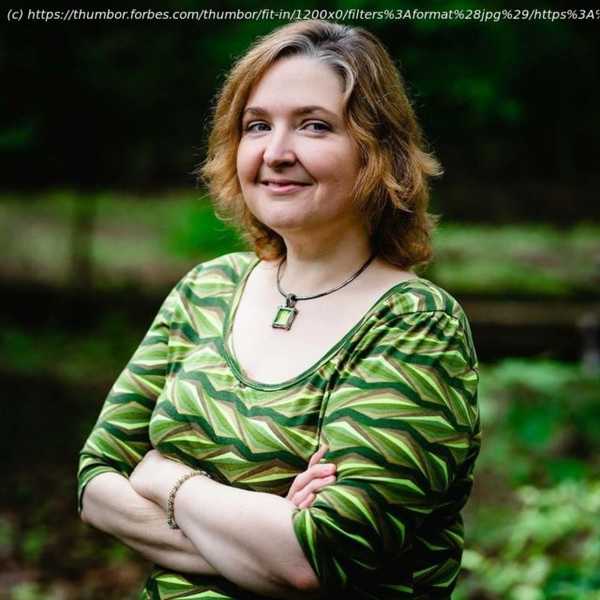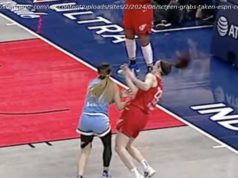Here’s help on how to help with our race relations crisis
Wendy Yowell is a personal friend. She is a white, licensed clinical professional counselor and a certified clinical trauma professional. She grew up and has spent much of her career in Prince George’s County, Maryland, which was recently measured as being 64% African-American. Her father was a retired Deputy Sheriff for the county, and her mother is the daughter of a retired police officer in rural Alabama. Wendy is about to experience a reorganization and re-naming of her practice as Lifespan Behavioral Health Services. Her areas of specialization include trauma, addictions, and career ownership, and she is fortunate to work with a wide range of African American clients. I reached out to her about what she was seeing in the aftermath of the death of George Floyd in Minneapolis on May 25.
Q: How does the death of George Floyd relate to your professional practice?
Wendy: It was devastating to see a man dying on TV in front of us. That came on the back of my seeing so many African-American clients during the COVID-19 epidemic. We have the largest proportion of cases in the State of Maryland, and of course many of them are black. I’ve been seeing a lot of clients experiencing depression, anxiety, workplace stress, and other mental health issues exacerbated by the pandemic. Let me be clear, though, I’ve been having similar conversations ever since the death of Trayvon Martin in 2012. We are talking about people who are simply trying to live their lives, have a worthwhile career, and support their families.
Q: Can you give me an example from your own practice?
Wendy: I have a 25-year old client, let’s call him Brian, that I’ve worked with for around 15 years. I called him today to ask if I could share his story. When I met him, he was 10, and dealing with anxiety and ADHD. He is the grandson of a black female police officer. This is something that he has been proud of over the years, but as he has grown and had exposure to the police through the media and the community, his views have changed. When he was in middle school, he was in the car with his mother when the police pulled her over for a traffic stop. He was frightened by the tone of the interaction, which was confrontational. What I remember of the story is the fear he experienced as the officer threatened to detain his mother. The incident was so traumatic I did not ask him to recount it in detail today. I vividly remember his sadness and anxiety from that time.
He told me that since that time he has been anxious about the police. He feels fear when he sees a police officer, but makes a point of smiling politely and saying hello. He is careful about the clothing he wears since he lives in a gentrified neighborhood in Washington, DC. Every day he wakes up and is aware of being a black man in America.
Start
United States
USA — Sport Why And How To Help Show Black Lives Matter: A Professional Counselor...






